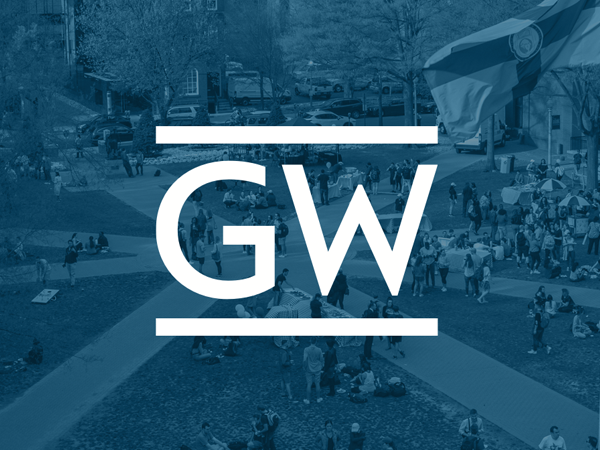Authored by: Tshabalala, Mpumi
South Africa is currently experiencing a new surge of interim relief applications that has followed the 2019 Amendment to the Competition Act.

 South Africa
South Africa
Competition enforcement in South Africa has passed the 25 years of enforcement milestone. It is the test case of the implementation of a uniquely aspirational competition policy. A competition policy that is aware of South African history and context while seeking to shape a growing and inclusive economy that serves all South Africans. Features of traditional competition enforcement are codified in the South African Competition Act; namely, the proactive regulation of mergers and the reactive enforcement of prohibited practices. However, in addition, the Act is also infused with public interest principles most pointedly geared towards transforming the South African economy from its divisive economic past.
Despite being a developing country, South African context and history also dictate that it is among the top investment destinations in Africa; which means that there is a complex mix of global firms operating in South Africa, in addition to there being South African champion firms that have been able to become market leaders globally and on the continent, while also consisting of a mix of local firms, small, medium and micro enterprises (“SMMEs”) as well as a bustling informal economy.
The competition law regulator, the Competition Commission of South Africa (the “CCSA”), is mandated by the Competition Act No. 89 of 1998 (“Competition Act”), to investigate and prosecute anti-competitive conduct, prevent market concentration through merger control, probe into the state of competition in various markets and conduct advocacy to promote compliance with the Competition Act through non-enforcement means. The CCSA has recently established a distinct market enquiry division adding to the dedicated effort to the conduct of market enquiries.
The South African competition law regime caters for the Competition Tribunal of South Africa (the Tribunal”) to play an adjudicative role as the decision maker on the prosecution of firms that contravene the Competition Act ; confirmation of consent agreements for investigations settled with the Commission; large mergers; breach of merger decisions and conditions; intermediate merger reconsiderations; interim relief applications; and exemption applications. The Competition Appeal Court (the “CAC”) hears appeals and reviews of Tribunal and CCSA decisions; and in instances where the jurisdictional requirements have been met, cases may also be appealed from the CAC to the Constitutional Court of South Africa.
The vibrancy of competition law enforcement is evidenced by the CCSA’s recent statistics reflecting the positive impact of its work. During financial year 2022/23 the CCSA investigated 273 notified mergers ( which also included 105 notified large mergers). Merger conditions were recommended or imposed in 68 merger cases finalised by the CCSA in the 2022/23 financial year. Through those conditions more than R28 billion in investment commitments were tendered by merger parties. Supplier development funds directed mainly at benefiting SMMEs were also tendered in merger conditions. During the same financial year an amount of R40,4 million was imposed in administrative penalties. Twenty eight cartel investigations were completed, 7 of which were referred to the Tribunal for prosecution.
In term of market inquiries, over the past 25 years, the CCSA has initiated market inquiries in key priority sectors of the economy, including liquid petroleum gas, banking, fresh produce, healthcare, public passenger transport, grocery retail, steel industry, poultry, data, media and digital platforms, polymers, and online intermediation platforms.
During their tenure, the South African competition authorities have contributed to shaping vibrant competition law jurisprudence spanning merger control, cartel and abuse of dominance enforcement, interlocutory cases (regarding discovery, exceptions and strike out applications, novel cases in the area of litigation privilege, challenges to the validity of the CCSA's initiation), disputes about the ambit of provisions of the Competition Act regarding restricted information and prescription, and reviews of the CCSA’s decisions.
In addition to regulating for more competitive and contestable markets, which generate positive consumer outcomes through lower prices, choice and innovation; the attainment of deeper levels of industrialisation, greater economic inclusion and more job creation are also chief public interest objectives. The role of public interest provisions in South African competition law was further elevated in the 2018 amendments to the Competition. Notably, various provisions of the Act relating to the regulation of mergers, and now also prohibited practices and market enquiries embody equity related pubic interest provisions.

GW CIL’s South Africa Initiative Lead

December 3, 2024 - 9:00 AM
Legal Standards in Excessive Pricing: Reflecting on the Old and Making Sense of the New

Thembalethu Buthelezi is a principal in the Competition and Regulatory Economics practice.

Yasmin Carrim currently serves as an acting Judge of the Gauteng Division of the High Court.

Jonathan Klaaren is Professor of Law & Society at the University of the Witwatersrand in Johannesburg, South Africa.

Betty Mkatshwa is a competition lawyer admitted in South Africa and in Australia (NSW), with over ten years of competition law experience.

Yongama Njisane is a Principal Economist within the Economic Research Bureau of the Competition Commission South Africa.


Authored by: Tshabalala, Mpumi
South Africa is currently experiencing a new surge of interim relief applications that has followed the 2019 Amendment to the Competition Act.
